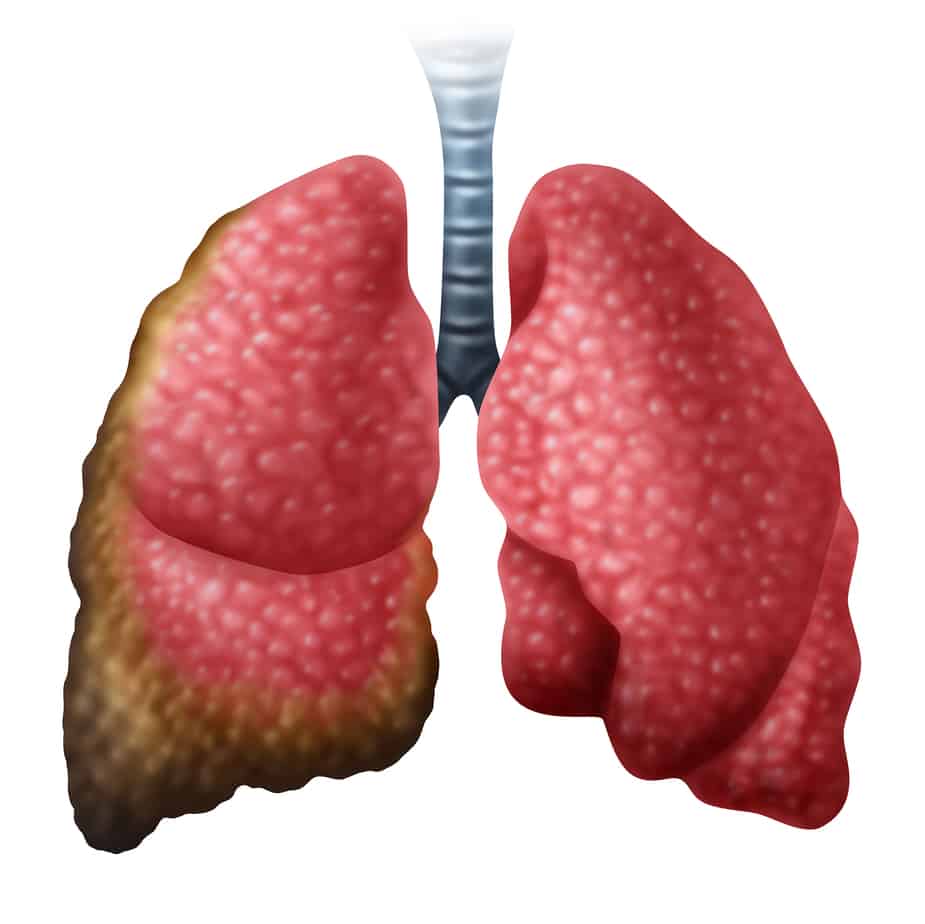Belgium doctors are using patient selection and a controversial surgical technique known as extra-pleural pneumonectomy to increase a person’s survival rate of mesothelioma. Hospitals in Leuven have continued to perform the surgery after it was abandoned by the United States and Europe.
The median survival rate for those with surgery was 33.2 months. Five-year survival rates were 24.2%.
Doctors that have been conducting the surgery claim that it is very intense and it is a surgery that is not meant for every patient. The study found that 56 patients that underwent the surgery have a varied survival rate, but three of the patients have survived more than 10 years, and four have lived for more than five years, with the potential to live up to 10 years.
EPP is a very intensive surgery, and it involves a delicate procedure where the patient’s lung is removed, and the lining is removed, as well as the heart lining and parts of the diaphragm. Even nearby lymph nodes are removed with the goal of removing as much of the cancerous tissue as possible from the patient.
The hospital conducting the study claims that the procedure takes a highly trained team and states that patient selection and experience are the key factors to success with the surgery. The center conducts up to ten of these surgeries annually.
Hospitals in Europe and the United States have stopped EPP surgery after finding that other alternatives provided better success. Lung-sparing pleurectomy/decortication is the wiser choice for most patients.
The Belgian study has a high success rate, with none of the patients dying in the first 30 days and just two dying within 90 days. One recent study has shown that the average lifespan of someone that has been diagnosed with pleural mesothelioma is 6 – 18 months. The procedure has been able to increase the survival rates to 33.2 months at the median.



